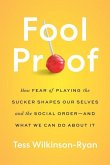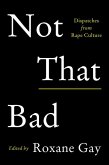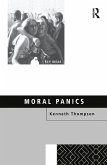This book provides an accessible overview of one particular type of social panic: that of the phantom attacker. Such panics are characterised by outbreaks of sensational claims of attacks by mysterious figures that seem to emerge from nowhere, attack their innocent human and animal victims, only to vanish without a trace. Taking the recent wave of needle-spiking reports in Europe as a starting point, this book does more than just catalogue such outbreaks historically and geographically. It also ties the phenomenon of phantom assailants to the moral panics literature.
Meticulously investigating archival sources, the authors examine the social construction of social panics and unearth the parallels between contemporary episodes and historical antecedents in Europe, North America, Asia and Africa. Focusing on the sociohistorical and -cultural context, they uncover the role of mass media in creating and perpetuating these panics, which respond to anxieties pervading societies at particular points in history.
Written in a lively style, this book is not only of interest for scholars and students of sociology, criminology, social psychology, media studies and history but also appeals to a lay audience interested in urban legends and true crime.
Hinweis: Dieser Artikel kann nur an eine deutsche Lieferadresse ausgeliefert werden.
Meticulously investigating archival sources, the authors examine the social construction of social panics and unearth the parallels between contemporary episodes and historical antecedents in Europe, North America, Asia and Africa. Focusing on the sociohistorical and -cultural context, they uncover the role of mass media in creating and perpetuating these panics, which respond to anxieties pervading societies at particular points in history.
Written in a lively style, this book is not only of interest for scholars and students of sociology, criminology, social psychology, media studies and history but also appeals to a lay audience interested in urban legends and true crime.
Hinweis: Dieser Artikel kann nur an eine deutsche Lieferadresse ausgeliefert werden.







